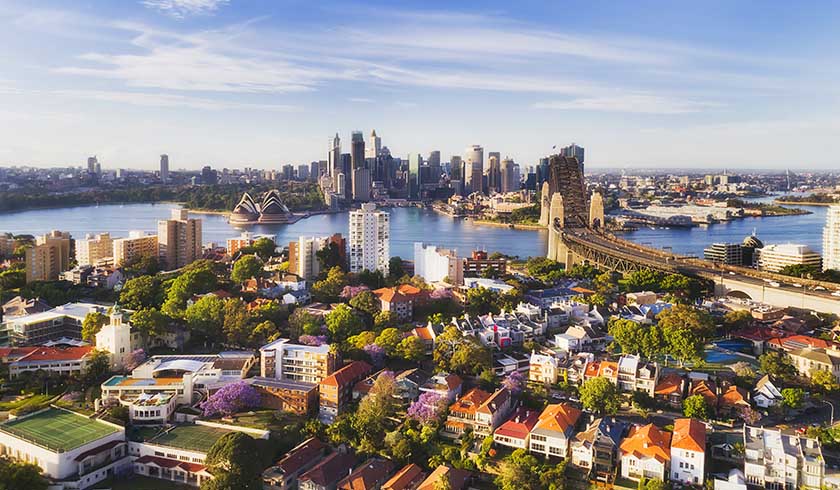Will COVID-19 change the traditional city?
Australian cities could be overhauled as the COVID-19 pandemic has revealed potential weaknesses in design, a thought leadership piece explained.

According to Herbert Smith Freehills’ Future Cities, the economic downturn that followed the virus will lead to critical thinking around the structures of cities, which could lead to opportunities for property investors.
“Cities that can provide the greatest flexibility will be the most successful in the future and will attract the strongest demand from real estate investment funds, tenants, employers and citizens,” the report states.
The report strongly advocates that the major advantages of cities remain, such as population density, energy efficiency, economic prosperity and quality of life, but requires critical thinking moving forward.
The report particularly notes the use of zoning regulations in order to avert the risk of cities entering a period of decline.
“This could, for example, include the adoption of a simple zoning category of ‘City Use’, which permits either accommodation, business or community uses,” the report states.
“There would be total flexibility within each of these uses without the need for regulatory approvals, and a streamlined procedure to change uses across and between the uses.”
The report advocates that breaking down zoning into three ABC categories (accommodation, business or community use) would allow for cities to better prepare for future outbreaks.
“In order to qualify for this zoning category and the clear advantages that the flexibility would provide, developers would have to commit to delivering minimum standards of design and infrastructure. These would be formulated to ensure that all new buildings are properly equipped to be ready for future pandemic outbreaks,” the report states.
With COVID-19’s impact on cities, change will occur, but cities that have planned for it will likely avoid major downturns.
“Throughout history and across the world, cities have been planned and redeveloped to deal with threats such as revolution, fire, flood, earthquake and terrorism.”
“Now city planners, politicians and architects must rise to the challenge of shaping our future cities so that we can continue to thrive in a world transformed by COVID-19 and its urban legacy,” the report concluded.

